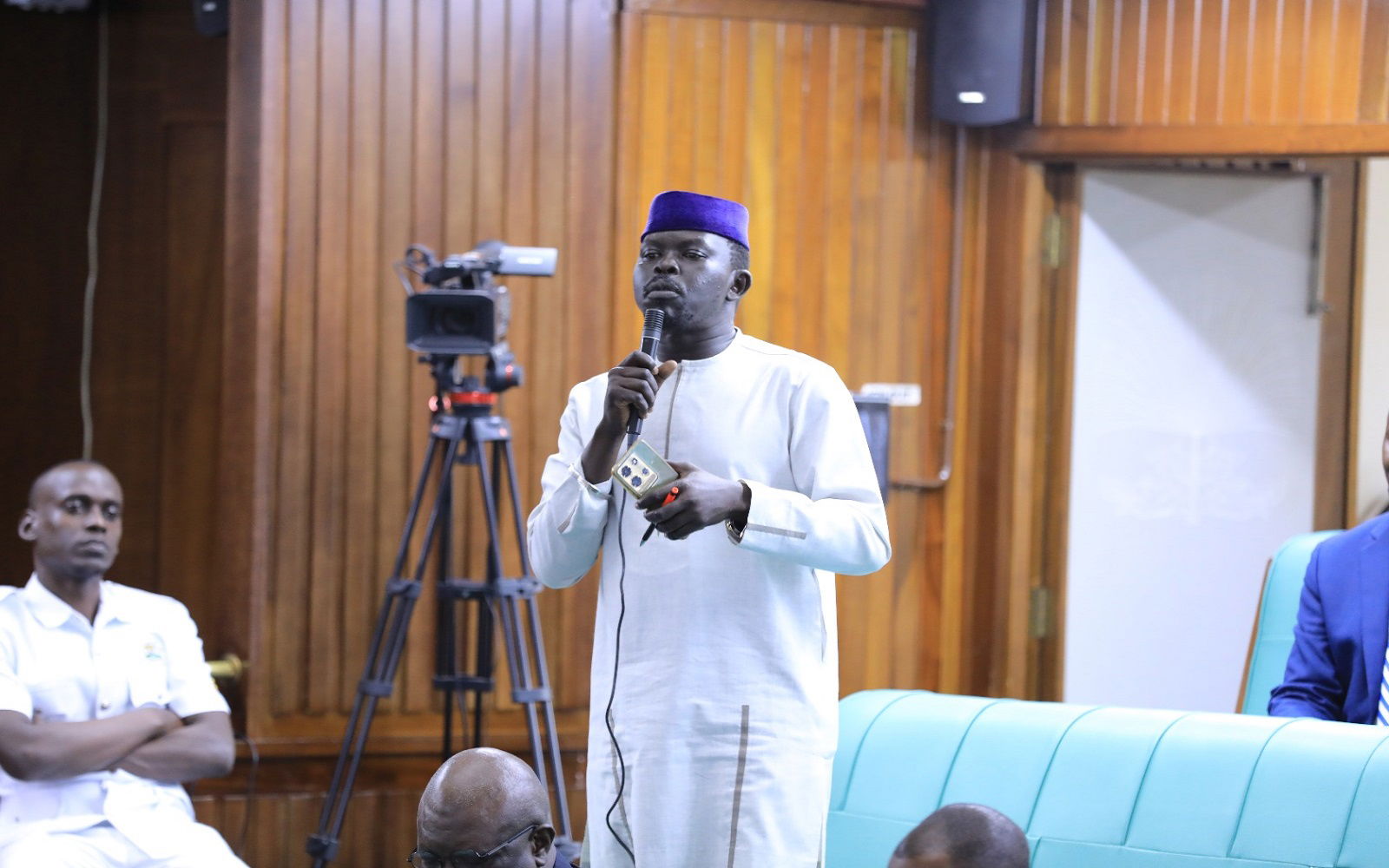Parliament Approves Shs1.2 Trillion Supplementary Budget to Facilitate Merged Agencies
In a significant move to streamline government operations, the Parliament of Uganda has approved a supplementary budget of over Shs1.2 trillion to facilitate the transfer of funds from rationalized government agencies to their respective receiving institutions.
The approval, made on Thursday, February 6, 2025, marks a critical step in the government's ongoing Rationalisation of Government Agencies and Public Expenditures (RAPEX) initiative.
The supplementary expenditure schedule, presented by Hon. Henry Musasizi, Minister of State for Finance, Planning, and Economic Development (General Duties), outlined the specific allocations across various ministries and agencies. According to Musasizi, the funds are drawn from unreleased resources previously appropriated to the rationalized votes.
Key Allocations:
The Ministry of Works and Transport received the largest share of the supplementary budget, with Shs934 billion allocated for development expenditure and an additional Shs246 billion for recurrent expenditure. Hon. Musasizi emphasized that this funding is essential for implementing the revised structures and operationalizing the functions of the Uganda National Roads Authority (UNRA) and the Uganda Road Fund.
The Ministry of Agriculture, Animal Industry, and Fisheries was allocated Shs32.7 billion for recurrent expenditure and Shs2.6 billion for development projects. The funds will support initiatives under the Dairy Development Agency, National Agricultural Advisory Services (NAADS), Cotton Development Organization, and Uganda Coffee Development Authority.
The Uganda Free Zones and Export Promotion Authority was allocated Shs2.3 billion for development, Shs859 million for statutory obligations such as contract gratuity and staff contributions to the National Social Security Fund (NSSF), and Shs8.8 billion for recurrent expenditures.
Other agencies, including the National Planning Authority (NPA), National Identification and Registration Authority (NIRA), and the Ministry of Water and Environment, also benefited from the supplementary budget.
Parliamentary Debate and Controversy:The supplementary budget approval process was not without controversy.
The House suspended Rule 153, which ordinarily mandates that supplementary budget estimates be reviewed by the Budget Committee before approval.
This suspension followed a motion by the Government Chief Whip, Hon. Hamson Obua, who argued that the Committee had already considered a motion of reallocation, rendering further scrutiny unnecessary.“In my humble opinion, there would be no need to go through the due processes under Rule 153,” Obua stated.
However, this procedural shortcut faced opposition from several lawmakers. Hon. Jonathan Odur (UPC, Erute County South) vehemently opposed the suspension of Rule 153, arguing that it was unconstitutional.
“Rule 153 operationalizes Article 156 of the Constitution. By moving to suspend this rule, the mover also purports to suspend the provision of the Constitution,” Odur asserted.
Similarly, Hon. Denis Oguzu Lee (FDC, Maracha County) echoed these concerns, emphasizing that the Constitution dictates the process through which budget and supplementary expenditures are approved.
“We cannot rise above what the Constitution has dictated,” Oguzu added.

Hon. Oguzu Lee, MP Maracha East (FDC) Speaking
In response to the concerns, Deputy Speaker Thomas Tayebwa clarified that the funds in question were already available, having been previously appropriated.
He argued that the supplementary request was a procedural step to complete the rationalization process and avoid delays that could hinder government planning.
“This is money we had already appropriated; the source is available. I think indecision and delay on the part of the House does not help in terms of planning,” Tayebwa explained.
Key to Note Background on RAPEX Policy:
The supplementary budget approval aligns with the government's broader policy on Rationalization of Government Agencies and Public Expenditures (RAPEX).
This policy aims to enhance efficiency, eliminate redundancies, and reduce public expenditure by merging overlapping government agencies. Parliament has already passed several bills to formalize these mergers, with the Shs1.2 trillion supplementary budget serving as a financial bridge to operationalize the new structures.
As the rationalization process continues, stakeholders will closely monitor the implementation of these changes to ensure that the intended efficiency gains and cost savings are realized.
Join the Daily West Nile WhatsApp group now to never miss an update from us.Download Host Media Now from the Play Store to watch HostTV, listen to Host Radio